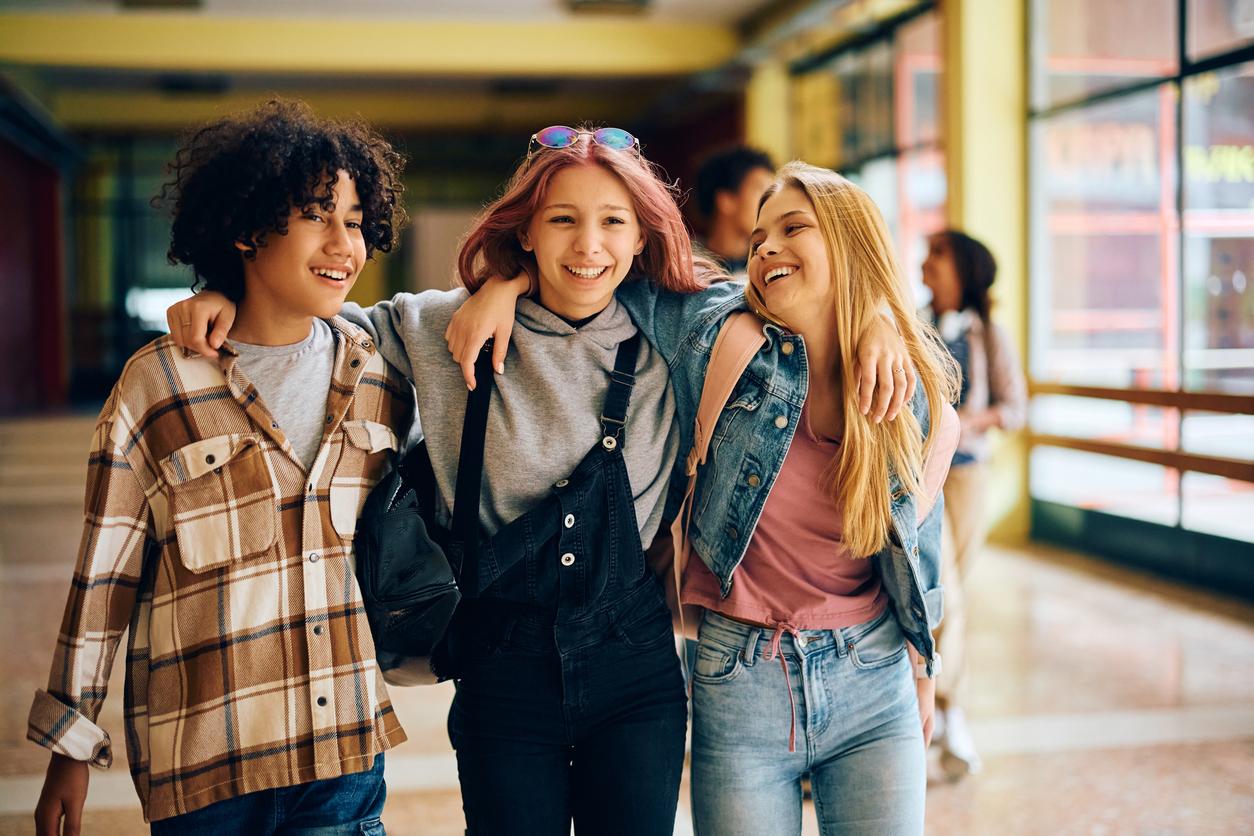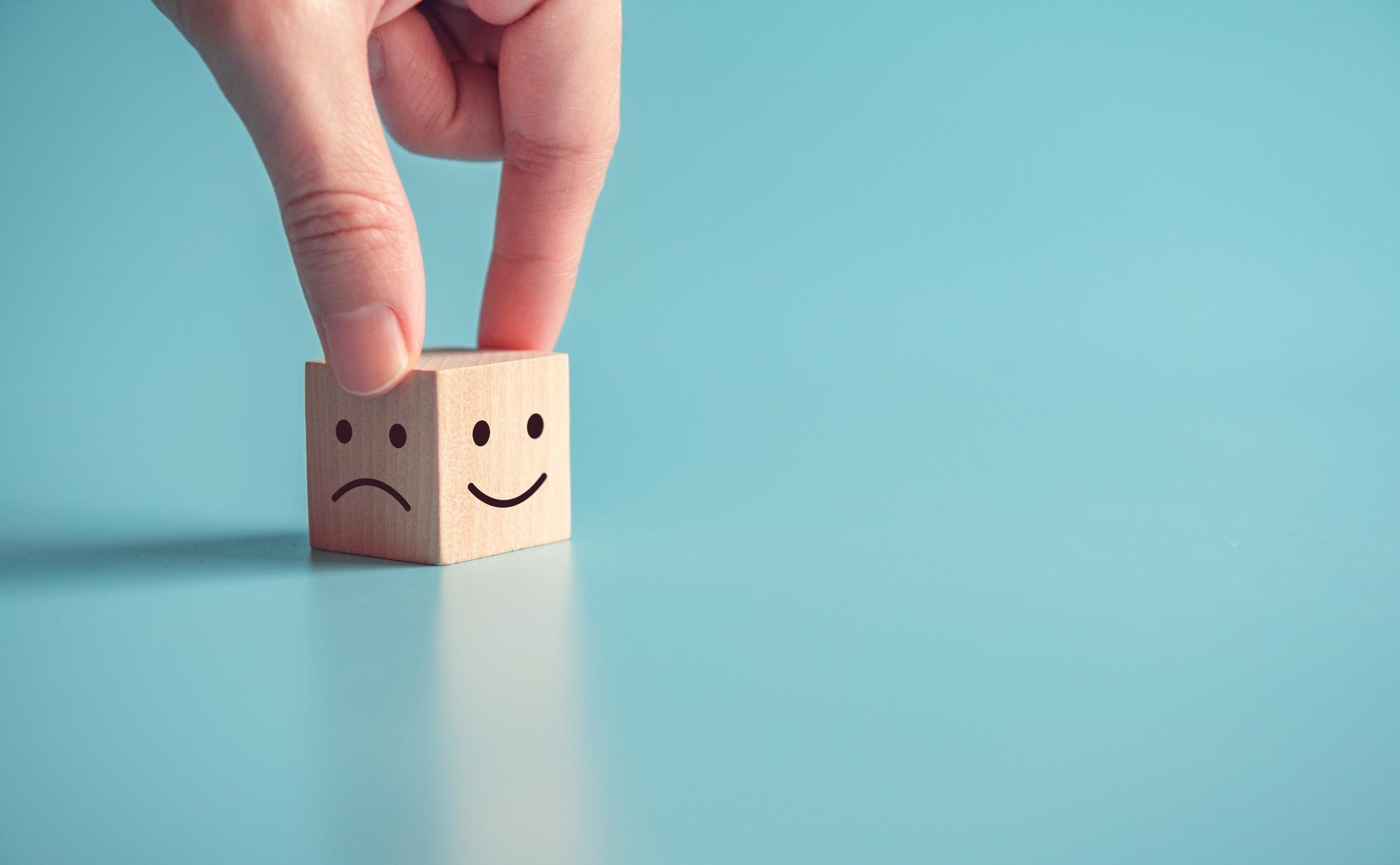Maintaining social connections, by checking in on our friends, contributes much more to our personal happiness than other activities or factors, according to a new study.

- Simple social gestures are very beneficial for well-being.
- Compared to other activities, such as spending money on yourself or getting promoted at work, social gestures contribute more to happiness.
- During the Covid-19 health crisis, participants who managed to adapt their social relationships had better mental well-being.
Does the secret to happiness lie in the simplest things? Certainly, according to a new study published in the journal Current Psychology. The researchers of the University of Reading have in fact discovered that a simple message to hear from friends would be much more beneficial, for the person writing it, than large purchases or even a professional promotion.
Those who do not believe in social bonds favor solitary activities
To reach this conclusion, scientists studied data from nearly 1,000 participants. These came from various countries – China, United Kingdom, United States, Canada – and therefore from different cultures. They thus made several observations.
The first is that participants who did not perceive the simplest social exchanges (sending a message) as a means of improving their happiness, favored solitary or overly ambitious activities to be happy.
“We may be overlooking easy, everyday opportunities to improve our mood, underlines, in a press releaseDr. Julia Vogt, who led the study. Most people think happiness requires big changes or purchases, but our research shows it’s often much simpler.”
Simple social gestures are actually much more beneficial for well-being, compared to activities or factors traditionally thought to bring happiness, such as spending money on yourself or a promotion at work.
Adapting your social relationships, an asset during Covid-19
“An act as simple as sending a text message to check on a friend can have a remarkably positive impact on our well-being, explains Dr. Julia Vogt. We’ve seen this pattern across different cultures, suggesting that human relationships, even in a very simple form, are a universal path to happiness”.
There were, however, some differences between the nationalities. Chinese participants, for example, had a more flexible approach to happiness. Compared to other nationalities, they indicated a greater variety of activities that could make them happy.
Researchers’ final observation: during the Covid-19 health crisis, participants who managed to adapt their social relationships – from physical to virtual and/or telephone – had better mental well-being than those who had not changed their habits.

















